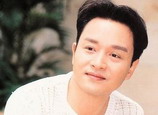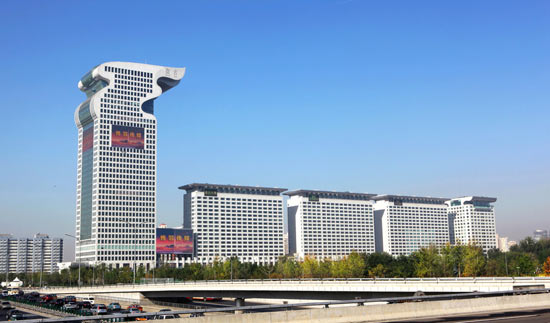
EDUCATION IN NEXT GENERATION
Ng agrees. "Online education is a very new medium of instruction," he says. "We are in the very early stages of inventing what should be the table of contents."
The future implications of MOOC's growth are being hotly discussed as it catches increasing attention.
Some believe that MOOC will make many universities disappear and leave only the best to prosper, while others forecast that universities will retain a place as offline communities because real interactions cannot be replaced by virtual ones, says Zhang Zheng, principle researcher with Microsoft Research Asia and a frequent student of Coursera.
"The limitation of MOOC still lies in insufficient interactions," Zhang explains. "In addition, delicate artforms such as piano and painting that require manual elements are not easily taught over the Internet. Deep learning needs more guidance from the teacher in person."
Ng responds that a practice referred to within MOOC as "Flipped Classes" goes some way to answering this criticism. "Students watch lectures online, preserving classroom time for more interactive discussions. In the future, attending great universities will not be for content, but for interaction with professors and other students," he says.
MOOC devotees think study can be divided into several steps and online courses can fill in some of them.
Offline interactions can be fulfilled by universities for college students, but for people out of campus, social networking can provide chances to meet "classmates," according to Guokr.com founder Ji.
He and his team encourage participants in their MOOC forum to meet each others face-to-face for discussion. Students have so far met in 12 cities around China.
MOOC fan and Guokr.com editor Zhang Mujun complains that some current MOOC lectures present a teacher talking with little adoption of new technologies. She compares it to "when people first had TV programs, and it was just one person reading something in front of the camera."
Zhang predicts, however, that new technologies will gradually integrate into online teaching and teachers will gain more ways to interact with students. "More inspiring stuff will appear."
Sun Maosong also points to limitation in the present technology, saying, "The ideal condition is that machines can answer students' questions like a real teacher, which cannot be accomplished by the current artificial intelligence (AI)."
But again, the professor sees this improving over time, as data is incorporated to allow the AI to behave like a real teacher.
"Three years from now, online courses will be very different from what they look like today," Ng adds.

















 Heavy rainfall hits S China's Guangxi
Heavy rainfall hits S China's Guangxi


![]()
